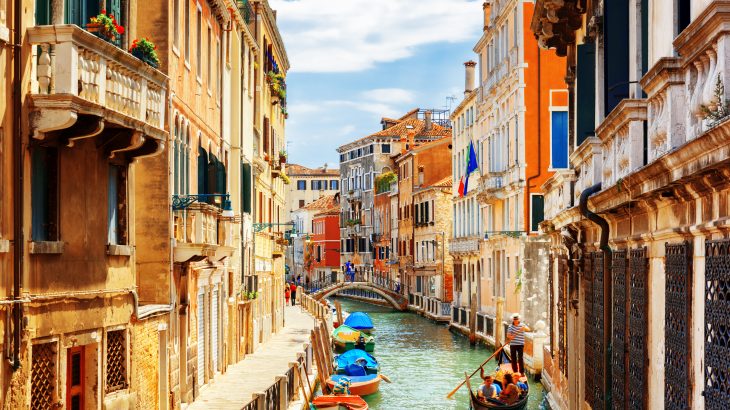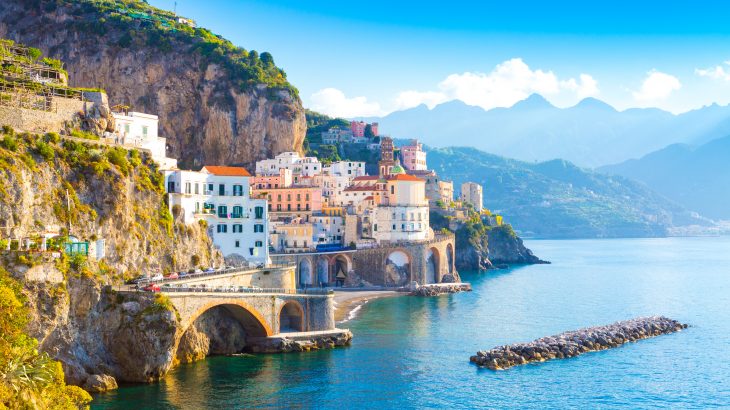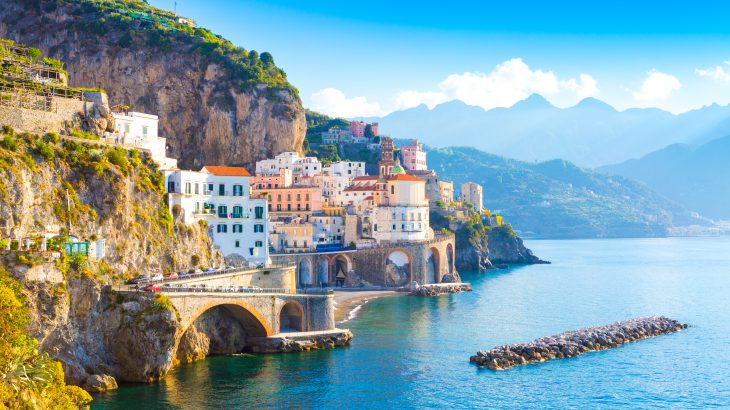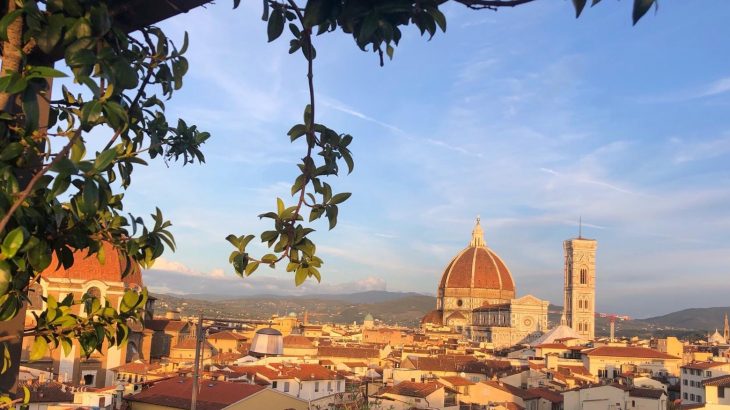It’s yet to be officially approved, but Portugal is about to end its golden visa scheme for foreign investors. This program has been very successful and has attracted many investors from around the world. The scheme, aimed at non-EU nationals ready to invest in Portugal, has attracted 6.8 billion euros since its launch in 2012, with investor choosing real estate investments on the Atlantic coast. Successful applicants were given residency rights and a path to the European citizenship.
The reasons why the Portuguese government might shut down the Portuguese Golden Visa program is mainly related to the country’s house-affordability issue. In fact, the Golden Visa program has led to an increase in property prices, making it difficult for local residents to afford a place where to live. Undoubtedly, shutting down the program would help bring prices back down to a more reasonable level.
However, on a more general picture, despite the fact that the European Commission is trying to limit access to these migration programs, these are in huge demands. A valid and open alternative to the Portuguese program is represented by Italy. The Italian Elective Residence Visa allows non-EU citizens to live in Italy potentially indefinitely, without making any sort of investments. All they need in order to apply for this visa is to prove they have sufficient financial resources – a passive income – to support themselves without working. Passive income usually comes from real estate investments, brokerage accounts, pensions, annuities. Following five years of physical presence in Italy, applicants are eligible for a European permanent residency and, after ten years, EU citizenship. This Italian program targets retirees and high net worth individuals.
Italy is known for its beautiful landscapes, rich history, culture, food, lifestyle, design, and stunning cities like Rome, Milan, Florence, and Venice. Overall, if you meet the eligibility criteria and are looking for a way to experience Italy’s culture, the Italian Elective Residence Visa could be a fantastic option for you.
Davies & Associates works with Italian licensed attorneys (the main office is located in Florence) and has Italian desks in the U.S., India, and Vietnam.
For more information please see the information on our website:
ITALY IMMIGRATION SERVICES
Contact us if you have any questions on the below topics:
what is elective residence in Italy
what is an elective residence visa in Italy
can I work in Italy on an elective residence visa
how do I get an elective residence visa in Italy
how to apply for elective residency in Italy
how to get an elective residence visa in Italy
who can apply for an Italian elective residence visa
elective residence visa Italy
elective residency visa italy
italy elective residence visa
italian elective residence visa
elective residence italy
elective residence visa for italy
elective residence visa italy 2022
elective residence visa italy income requirements
elective residence visa italy requirements
elective residence visa italy tax
elective residency italy
italian elective residence visa application form
italian elective residency visa
italy elective residence program
italy elective residence visa 2022
italy elective residence visa income requirements
italy elective residency visa
what is elective residence in italy
elective residence visa italy 2021
italian elective residence visa application
italy elective residence visa 2021
what is an elective residence visa in italy
can i work in italy on an elective residence visa
elective italian residency
elective residence 1 year visa italy
elective residence in italy
elective residence italy visa
elective residence permit italy
elective residence program italy
elective residence visa in italy































